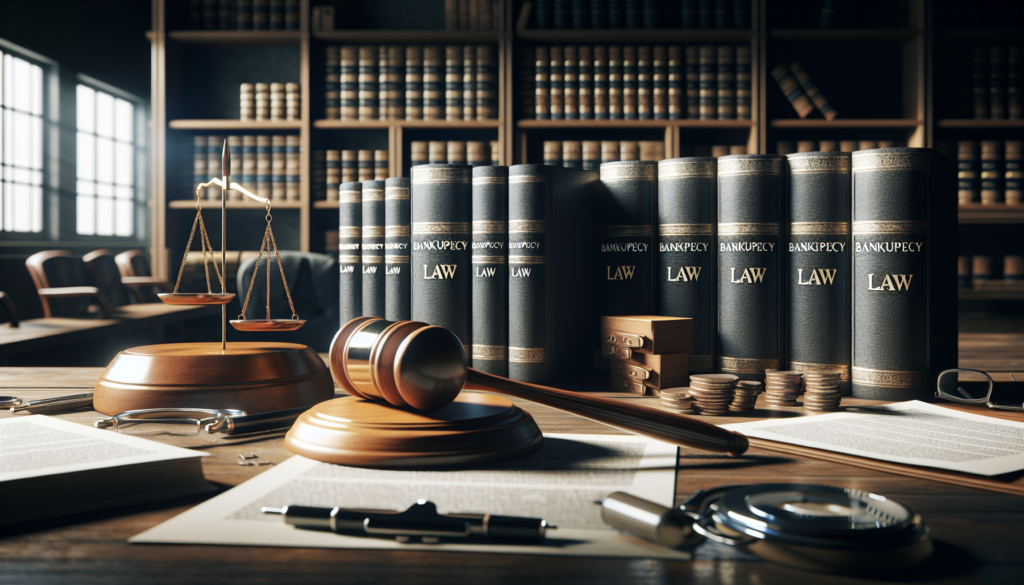
Not all debts can be discharged in bankruptcy. The ability to discharge debts depends on the type of bankruptcy filed (Chapter 7, Chapter 13, etc.) and the nature of the debts. Some debts are typically non-dischargeable across all types of bankruptcy, while others may be dischargeable under certain conditions. Here’s an overview of which debts can and cannot be discharged:
Commonly Dischargeable Debts
- Credit Card Debt: Unsecured credit card balances are generally dischargeable.
- Medical Bills: Unsecured medical debts can usually be discharged.
- Personal Loans: Unsecured personal loans from friends, family, or financial institutions can often be discharged.
- Certain Older Tax Debts: Some older, unpaid taxes may be dischargeable under specific conditions.
Non-Dischargeable Debts
Certain debts are not discharged in bankruptcy, meaning you are still responsible for paying them after your bankruptcy case concludes. These include:
- Child Support and Alimony: Obligations under family support, such as child support and alimony, are not dischargeable.
- Certain Taxes: Recent income taxes (typically within the last three years) and other types of taxes are not dischargeable.
- Student Loans: Student loans are generally not dischargeable unless you can prove “undue hardship,” which is a difficult standard to meet.
- Fines and Penalties: Fines, penalties, and restitution owed to government agencies for violations of law are not dischargeable.
- Debts for Personal Injury Caused by DUI: Debts arising from personal injury or death caused by operating a vehicle under the influence of alcohol or drugs are not dischargeable.
- Certain Condominium or Cooperative Housing Fees: Fees owed to a condominium or cooperative housing association for assessments or charges are typically not dischargeable if the debtor plans to keep the property.
- Debts Not Listed on Your Bankruptcy Petition: If you fail to list certain debts on your bankruptcy filing documents, those debts may not be discharged.
Debts That May Be Discharged Under Certain Conditions
- Debts from Willful and Malicious Injury: If the court determines that the debt arose from willful and malicious injury by the debtor to another person or property, it may not be dischargeable.
- Debts from Divorce or Separation Property Settlements: Obligations from divorce or separation property settlements can be non-dischargeable under Chapter 7 but might be dischargeable under Chapter 13.
Special Considerations in Chapter 13 Bankruptcy
Chapter 13 bankruptcy offers a broader discharge opportunity compared to Chapter 7. It includes the discharge of some debts that cannot be discharged in Chapter 7, such as debts for willful and malicious injury to property, debts incurred to pay non-dischargeable tax obligations, and debts arising from property settlements in divorce or separation proceedings.
While bankruptcy can provide relief from many types of debts, it’s important to understand that not all debts can be discharged. The specifics of your situation, including the types of debts you owe and the chapter of bankruptcy you file, will ultimately determine which debts can be discharged. Consulting with a bankruptcy attorney can help clarify which of your debts are likely to be discharged in bankruptcy and assist you in navigating the bankruptcy process effectively.

Get a Free Bankruptcy Case Evaluation